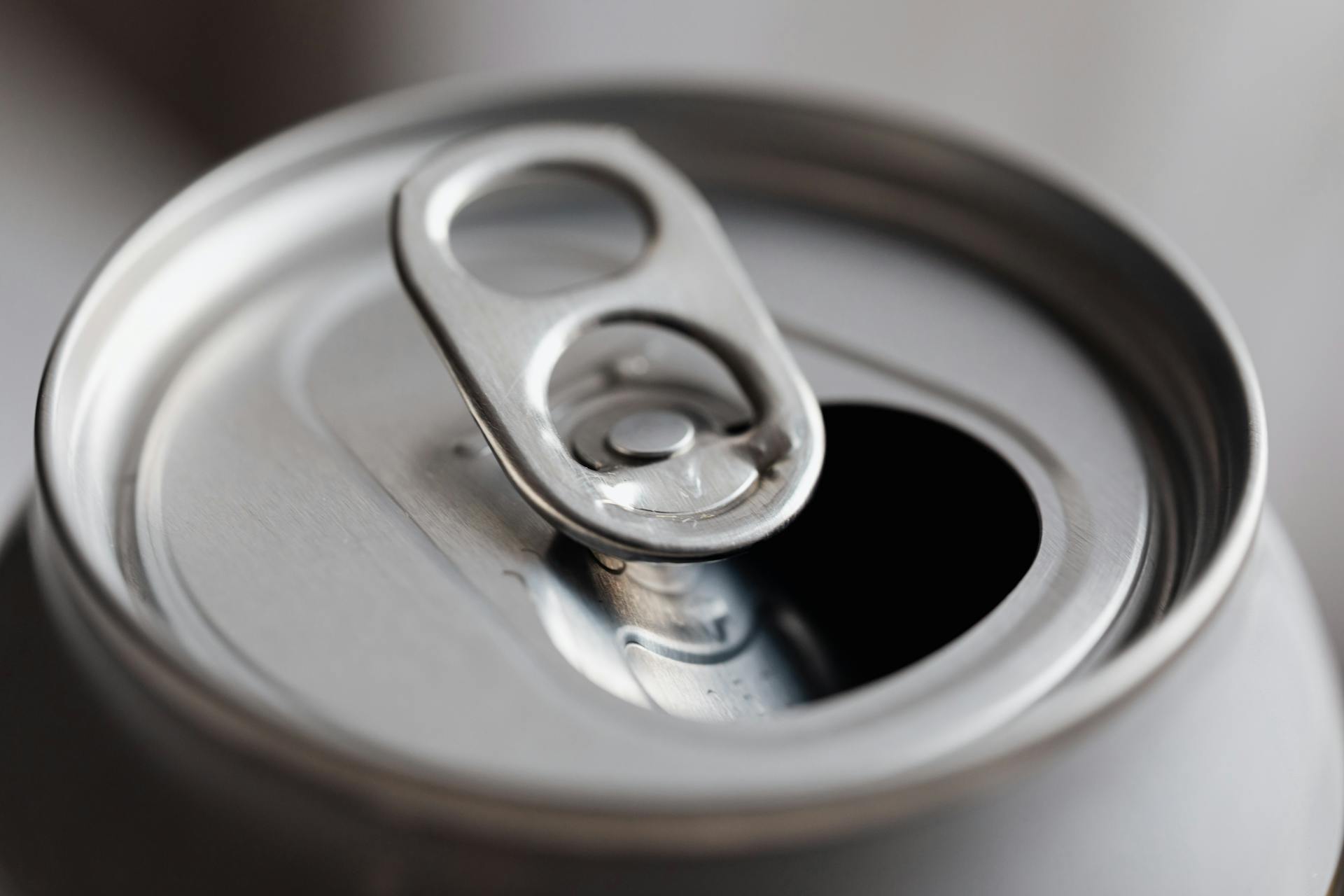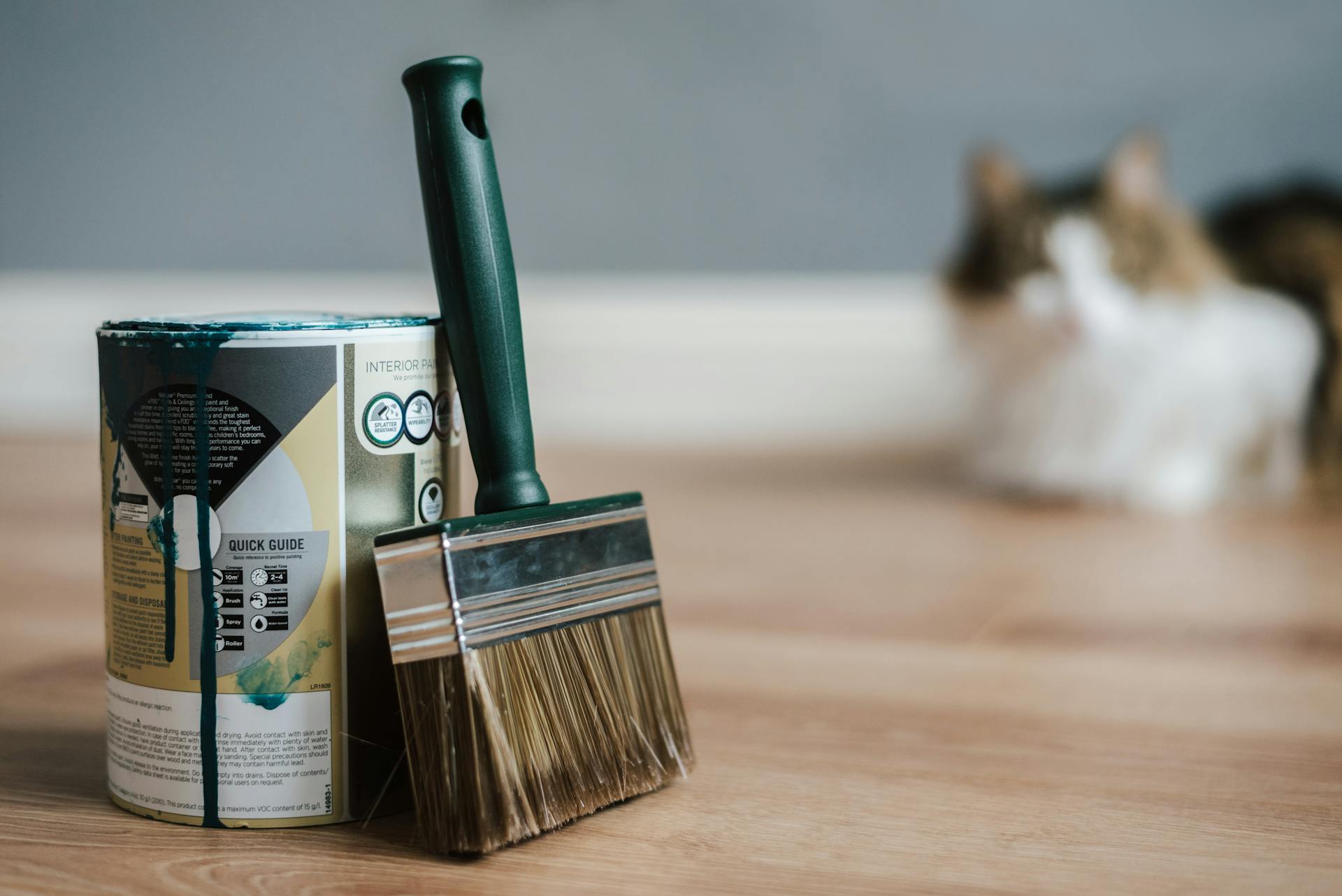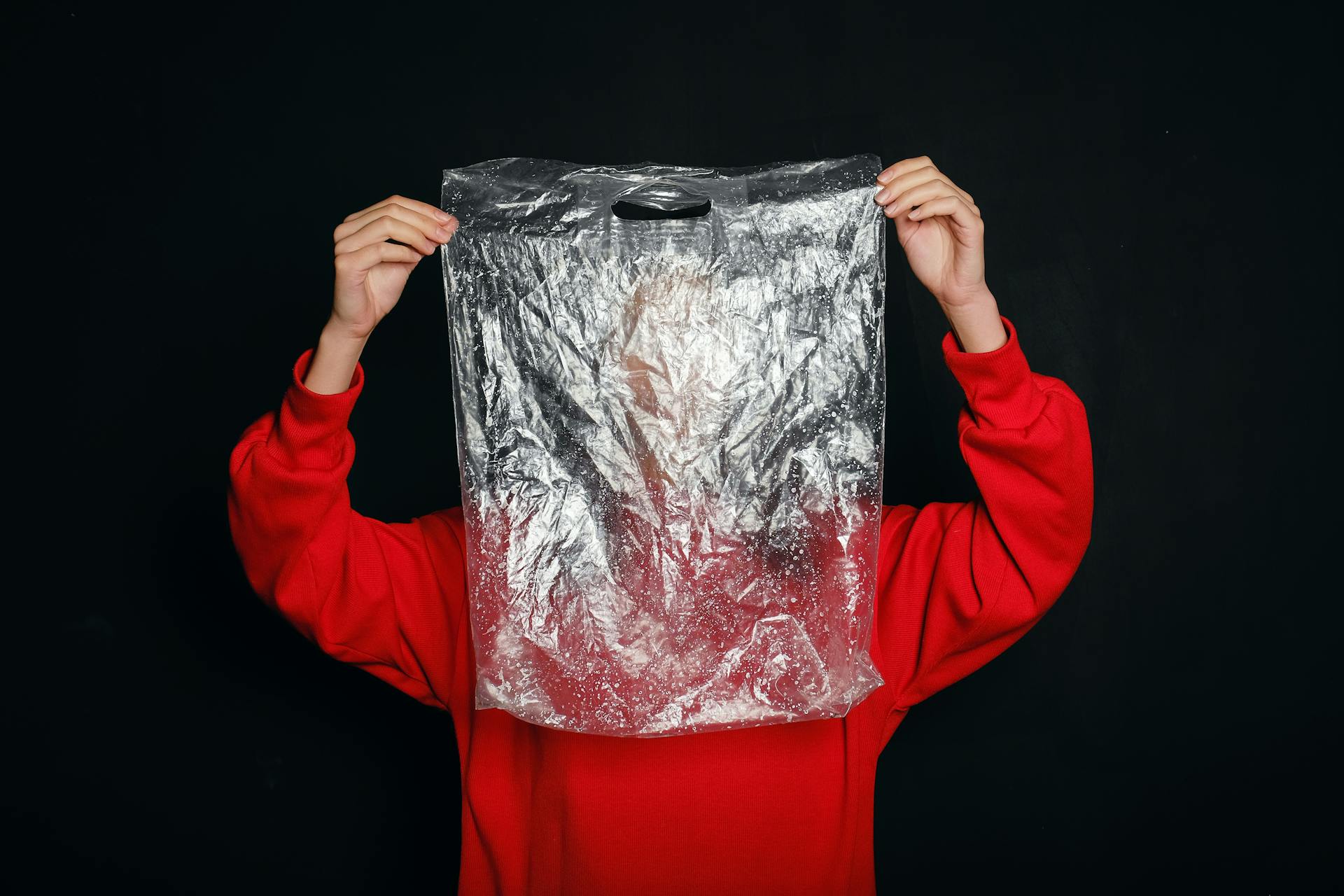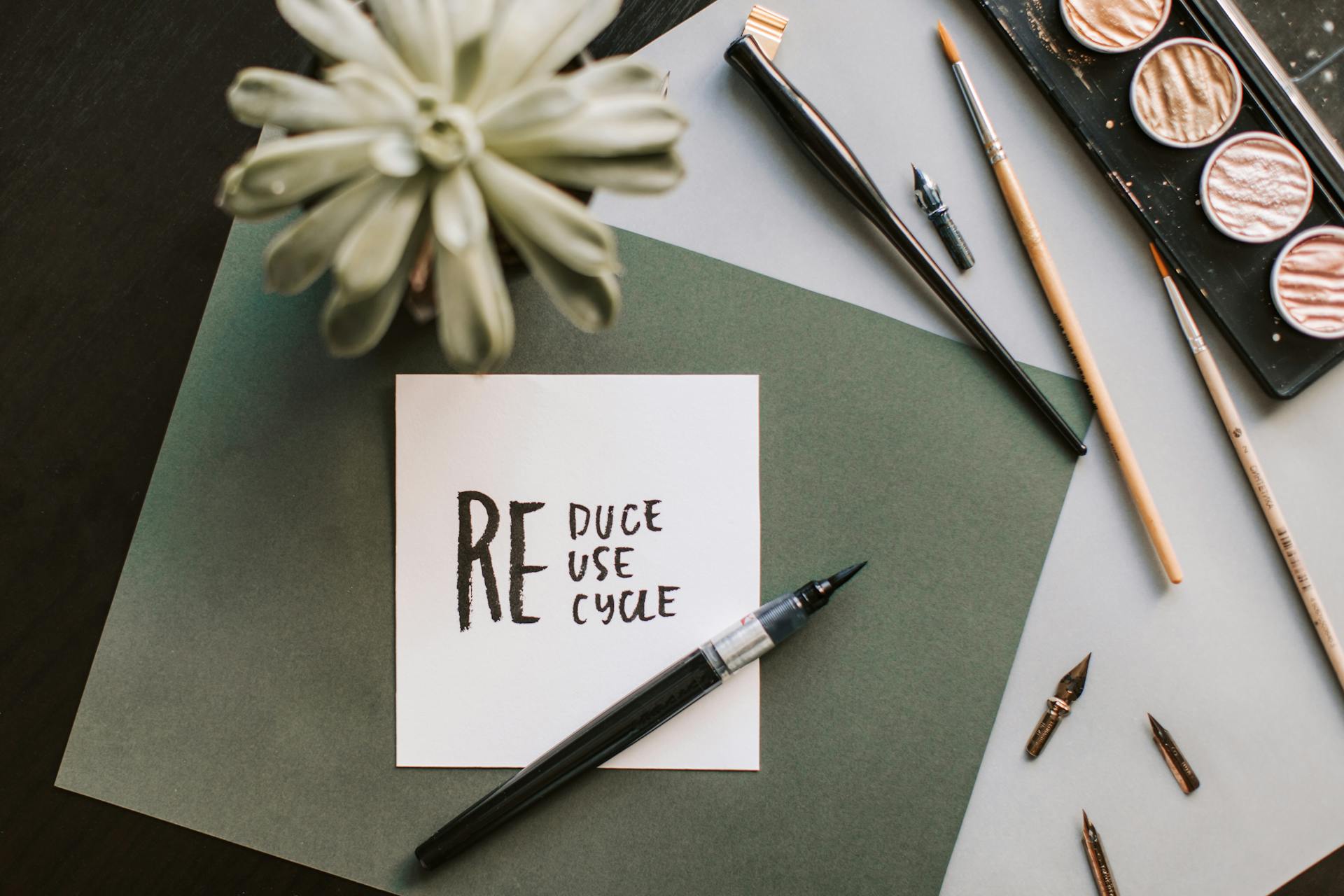
Can you recycle paper plates? This is a question that many people may ask themselves when they are faced with the environmental impact of their daily lives. Paper plates are a popular item used for parties, barbeques, and picnics. They are lightweight, affordable, and disposable, making them a convenient option for many. However, the question remains: can you recycle paper plates?
Before we explore paper plates' recyclability status, let's do a quick fact check. Paper plates are made from trees that have been cut down and turned into pulp. The pulp is then formed into the shape of the plate using high pressure and heat. As such, paper plates fall into the category of disposable products that contribute to environmental waste. However, there are eco-friendly alternatives available if you want to reduce your carbon footprint while still enjoying the convenience of disposable party ware.
In this article, we will delve into whether or not paper plates are recyclable and what impact they have on our environment. We'll also explore some eco-friendly alternatives to help you make more sustainable choices when hosting your next gathering. So keep reading to find out everything you need to know about paper plates' recyclability!
A different take: Compost Paper
Discover if Paper Plates are Recyclable - A Quick Fact Check
Are paper plates recyclable? This is a question that has been asked time and time again. Paper plates have become a staple at parties, barbeques, and other events because they are cheap and convenient. However, with the increasing concern for the environment, many people are wondering if paper plates harm the planet.
So, are paper plates recyclable? The answer is not so straightforward. While some paper plates are made from 100% biodegradable materials and can be recycled, others contain a plastic coating that makes them unsuitable for recycling. It's important to check the packaging or contact the manufacturer to determine whether your paper plates are recyclable or not.
If you're looking to recycle paper plates, make sure to separate any food debris and place them in your recycling bin. However, if your paper plates are not recyclable, consider using reusable dishes instead. Reusable dishes may require more effort in terms of cleaning up but they are better for the environment in the long run. Remember: every small change we make can have a big impact on our planet!
For more insights, see: Are Trash Bags Recyclable
Discover the Wonders of a Paper Plate!

Single-use dinnerware items such as paper plates are extremely common in our daily lives. In fact, it is estimated that the global paper plates market reached around $5 billion in 2020. This suggests that paper plates are a staple for many households and events. Did you know that the raw materials used to make these plates include spruce, pine, fir, larch, hemlock, eucalyptus, and aspen? These trees are harvested specifically for this purpose.
Have you ever wondered how a typical paper plate is made? The manufacturing process involves turning wood chips into tiny pulp fibers. These fibers are then mixed with water and chemicals to remove dirt and create a thin layer of bleached white pulp. The mixture is then poured into special molds that give the signature circular shape lastly pressed dried. Oftentimes, paper plates come in colorful designs to add some fun to your meal.
While using paper plates may seem convenient, it's important to consider their environmental footprint. The thin layer of food oils on these plates can contaminate recycling streams and make them difficult to recycle properly. It's recommended to dispose of them in the trash instead of the recycling bin. However, some cities do have facilities equipped with special processes that can handle these items responsibly so be sure to check your local guidelines before throwing them away!
Expand your knowledge: Cardboard Box Recycling
Discover Whether Paper Plates Are Recyclable or Not

Paper-based products such as paper plates are widely used in our daily lives, but are they recyclable? Unfortunately, the answer is not that simple. While paper plates are technically made of paper products, they often contain wax or plastic coating to prevent food contamination and make them more durable. These added materials make it difficult for paper plates to enter the recycling stream and increase landfill waste.
If you want to recycle paper plates, it's important to first check if they are clean and free of food residue. Paper plates with food oils or residues cannot be recycled as they will contaminate other paper products during the recycling process. Therefore, it's crucial to separate food scraps and oils from your paper plate before tossing it into the recycling bin. Take note that pizza boxes, coffee pods, and even paper cups or to-go cartons essentially belong in this category as well.
In rare cases, some recycling facilities may accept paper plates despite their wax or plastic coating. However, this still depends on your local recycling center's guidelines. It's also worth noting that while some areas allow dirty paper plates to be recycled, others do not due to the food contamination risk. In conclusion, it's always best to check with your local facility whether they accept paper plates and how you can properly dispose of them without adding more harm than good.
If this caught your attention, see: Can You Recycle Plastic Bags
Is Your Use of Paper Plates Harming the Environment?

Are you someone who frequently uses paper plates? Do you think it is a convenient and easy way to avoid washing dishes? However, have you ever thought about the environmental damage caused by your use of paper plates? Using paper plates involves various processes including cutting down trees, manufacturing, transportation, and disposal. All of these processes have a significant impact on the environment making it an unsustainable choice.
When we compare plastic and paper plates, we may believe that paper plates are the better option as they are biodegradable. But, in reality, most paper plates end up in landfills where they take years to decompose. Moreover, during the manufacturing process of paper plates, harmful chemicals and dyes are used that can contaminate water sources. This leads to severe environmental damage over time.
The best solution to reduce environmental damage caused by the use of disposable paper plates is by limiting their usage or switching to more sustainable options like reusable dishware. If using disposable plates is unavoidable, opt for products made from recycled materials that require less energy and resources to produce. Remember, every small step counts in preserving our environment for future generations!
1. Imbalanced ecosystem & loss of habitats
Deforestation poses a serious threat to the world's ecosystems. An ecosystem consists of living organisms and their environment, and it needs to be in balance. When forests are destroyed, habitats for small plants and animals are lost. These creatures play an important role in maintaining a balanced ecosystem by feeding on each other and providing oxygen through photosynthesis.
The loss of habitats also leads to an imbalance in the natural disaster cycle. Trees help prevent soil erosion, regulate water flow and lower the impact of natural disasters. Without them, floods become more severe, landslides occur more often, and air quality gets worse due to lack of oxygen. Recycling paper plates can help reduce deforestation by reducing the demand for wood pulp used in making paper products like plates. Let's do our part by recycling as much as we can!
Discover Sustainable Alternatives to Using Paper Plates!
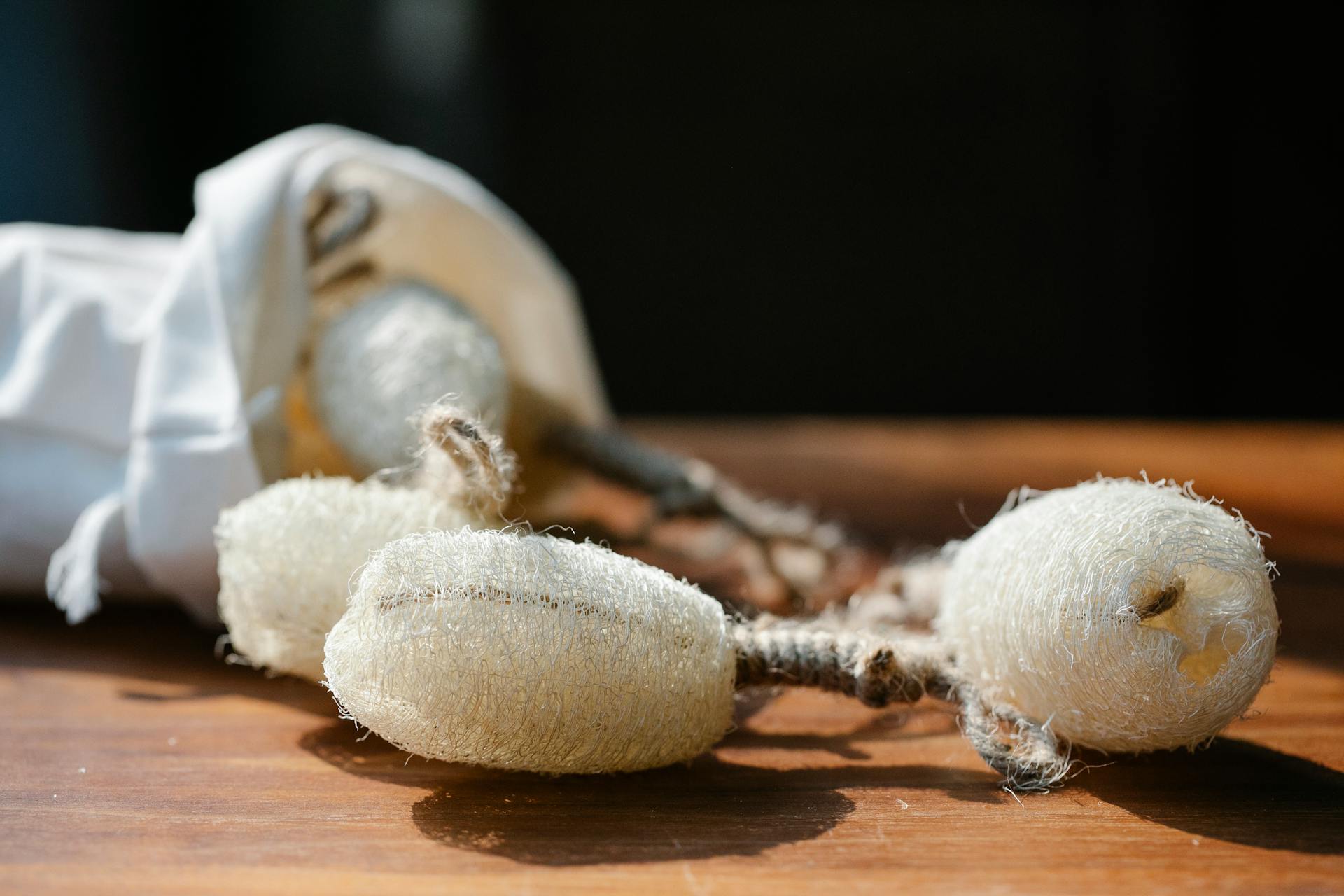
Using paper plates may seem like a convenient option, but it has a high environmental impact. Instead of relying on paper plates, you could easily add regular reusable plates to your kitchen collection. Not only does this reduce waste, but it also saves money in the long run.
There are other disposable options available that have a lower impact as well. For example, bamboo cutlery sets and plates made from sustainable bamboo are great alternatives. Not only are they biodegradable, but they can also be added to your compost pile after use. By making small changes in our daily life, we can make a big difference for the environment.
Transform Disposable Paper Plates into Eco-Friendly Wonders!
When it comes to disposing of paper products, it's essential to consider their environmental impact. The good news is that many paper-based products can be recycled back into new materials, and this includes paper plates! However, before you toss your used paper plates in the recycling bin, make sure they meet the guidelines for acceptable materials. To ensure a paper plate passes as recyclable material, it should be free from food residue and non-plastic coatings. By following these simple steps, you can help keep paper-based products out of landfills and instead contribute to commercially recycled materials that eventually turn into new eco-friendly wonders.
On a similar theme: What Plastics Can Recycled
Frequently Asked Questions
How bad are paper plates for the environment?
Paper plates are bad for the environment because they are not biodegradable and contribute to deforestation. Using reusable plates is a better option to reduce waste and environmental impact.
How fast can a compostable plate decompose?
Compostable plates can decompose within 90 days in the right composting conditions. However, decomposition time may vary depending on factors such as temperature, moisture, and the type of composting method used.
Can you put paper plates in the compost?
Yes, paper plates can be composted as long as they are not coated with plastic or any other materials that cannot break down. It is important to shred them into smaller pieces before adding them to the compost pile for quicker decomposition.
Is the new paper better than recycled paper?
It depends on the specific needs and priorities. Recycled paper is better for the environment, but new paper may be better quality or more cost-effective for certain uses.
Does recycled paper decompose faster than new paper?
Yes, recycled paper decomposes faster than new paper because it has already been broken down once and therefore requires less energy to break down again.
Featured Images: pexels.com
